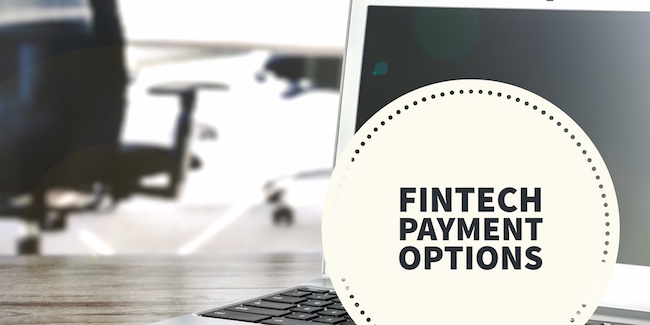It’s not a surprise that we technology increasingly popular. Technology has the potential to make our lives better, and that means more of us are adopting it. This is especially true in the world of fintech payment options.
Over the last year, payment processing has seen some interesting trends and 2017 looks to be just as interesting. It might also bring a little more popularity to fintech payment options and start moving us down a road where being “unbanked” is a choice, rather than an unfortunate circumstance.
Fintech Payment Options Increasingly Common
While debit transactions are still on the rise, there are some reports that the signs of a coming displacement are appearing. Some 65% of all adults and 78% of those aged 18 to 34 use online payment services.
More and more people see the value in using a payment processor that doesn’t directly share credit or debit information with online merchants.
However, online purchases aren’t the only reason that people use fintech payment options. According to research, many of them use these options to transfer money to family and friends, and others use these payment options to pay their bills.
While adoption for using fintech payment options at brick-and-mortar stores has been slow, the reality is that some of that slow adoption might be due to the fact that retailers have been behind in adopting the technology.
The use of digital wallets at stores is higher than in the past, but the number of payments has stalled to some degree as stores are reluctant to spent what it costs to upgrade their equipment. However, that doesn’t mean that
However, that doesn’t mean that the future isn’t on its way.
Online Payment Services Instead of Banking
In some cases, consumers are starting to move toward fintech payment options instead of more traditional banking. There’s no reason to move your money from a digital wallet or location to your checking account if you’re just going to need to get it back into your digital location in order to send money to someone, or make a purchase.
I know that I like to keep a certain amount of money in my PayPal account. It makes it easier when I know that I am going to use PayPal to make online purchases or send money to someone else. When I’m paid using PayPal, I keep a portion in there, without putting it in my checking account. It’s much easier.
There are plenty of interesting services and digital wallets that allow you to engage in financial transactions without using a more traditional bank. Online payment services are providing alternatives that can be more convenient and sometimes even cost less.
Is Blockchain Next in Line?
You can’t talk about fintech payment options without mentioning blockchain. Bitcoin and other cryptocurrencies are gaining a bigger share of attention. They cost less, and it’s possible to easily engage in business on a global basis.
Blockchain applications in business and finance are coming. Depending on how widespread it becomes, it’s possible that cryptocurrencies could change the way we interact with money.
Overall, we are getting more access to options and choices. If banks and businesses don’t keep up, they run the risk of becoming obsolete.
















